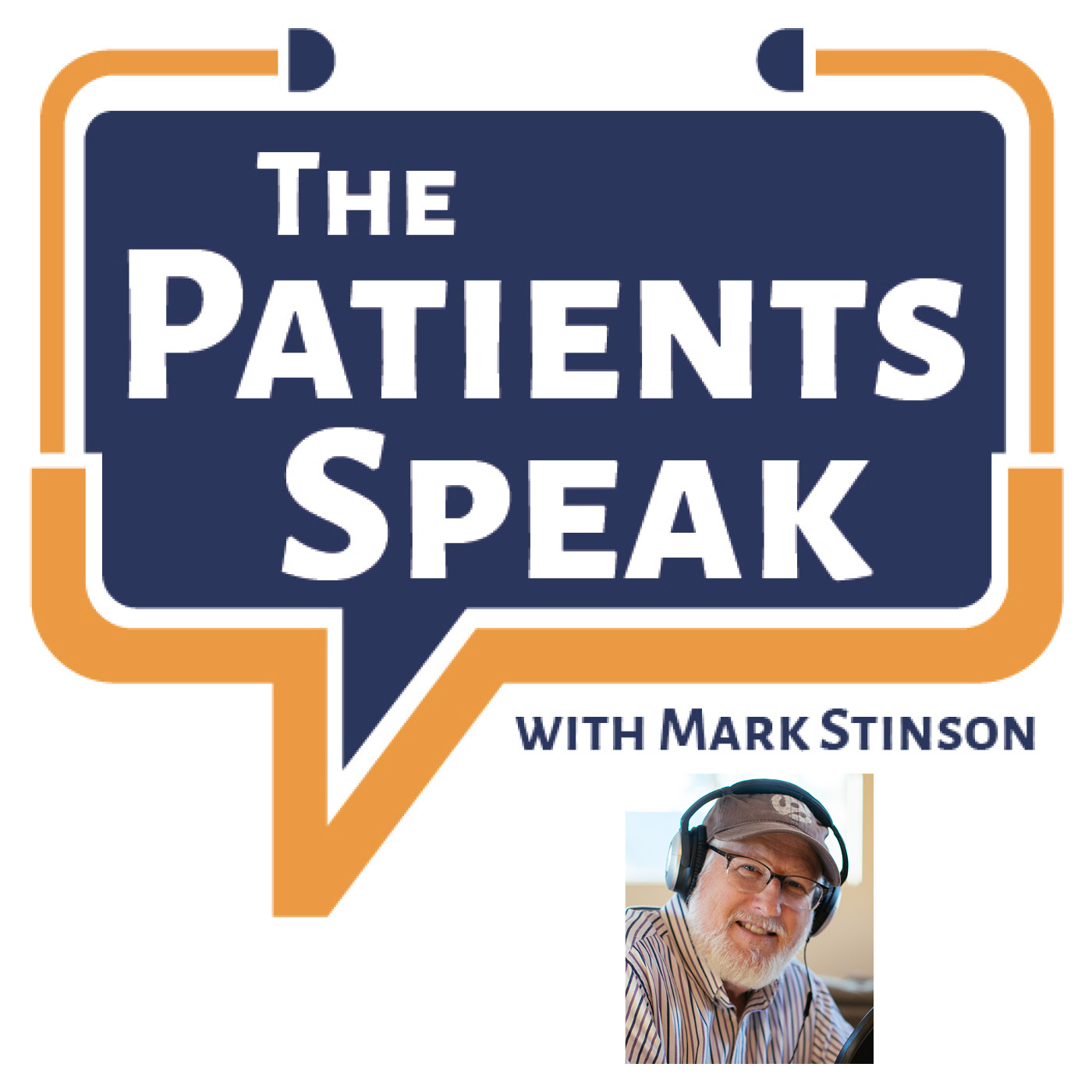- After-Shows
- Alternative
- Animals
- Animation
- Arts
- Astronomy
- Automotive
- Aviation
- Baseball
- Basketball
- Beauty
- Books
- Buddhism
- Business
- Careers
- Chemistry
- Christianity
- Climate
- Comedy
- Commentary
- Courses
- Crafts
- Cricket
- Cryptocurrency
- Culture
- Daily
- Design
- Documentary
- Drama
- Earth
- Education
- Entertainment
- Entrepreneurship
- Family
- Fantasy
- Fashion
- Fiction
- Film
- Fitness
- Food
- Football
- Games
- Garden
- Golf
- Government
- Health
- Hinduism
- History
- Hobbies
- Hockey
- Home
- How-To
- Improv
- Interviews
- Investing
- Islam
- Journals
- Judaism
- Kids
- Language
- Learning
- Leisure
- Life
- Management
- Manga
- Marketing
- Mathematics
- Medicine
- Mental
- Music
- Natural
- Nature
- News
- Non-Profit
- Nutrition
- Parenting
- Performing
- Personal
- Pets
- Philosophy
- Physics
- Places
- Politics
- Relationships
- Religion
- Reviews
- Role-Playing
- Rugby
- Running
- Science
- Self-Improvement
- Sexuality
- Soccer
- Social
- Society
- Spirituality
- Sports
- Stand-Up
- Stories
- Swimming
- TV
- Tabletop
- Technology
- Tennis
- Travel
- True Crime
- Episode-Games
- Visual
- Volleyball
- Weather
- Wilderness
- Wrestling
- Other
Dr. James Doty, Compassion and Altruism
Dr. James Doty is founder of the Center for Compassion and Altruism Research and Education at Stanford University, and author of the New York Times bestseller, "Into the Magic Shop."He discussed:- The importance of compassion and altruism, not just for patients' well-being, but also for healthcare providers' positive physiological effects.- The challenge of teaching compassion in medical schools and the positive impact of compassionate leadership on productivity and creativity.- The power of self-compassion and mindfulness exercises to shift from fear mode to a state of calmness and openness.- Dr. Doty's personal journey from despair to success, highlighting the transformative effects of self-compassion and positive intention.Key Highlights:1. Dr. Doty's journey from despair to success after learning mindfulness and self-compassion.2. The positive impact of compassionate leadership on productivity and well-being.3. The physiological benefits of being kind and caring towards patients in healthcare settings.4. The role of self-compassion in shifting from a fear mode to a state of openness and connection.5. The potential for everyone to develop and improve their compassion through mindfulness practices.6. Resources and programs at the Center for Compassion and Altruism Research and Education at Stanford University."When someone acts with kindness versus just treating them like a disease, it has a profound positive effect on their physiology. Compassion boosts the immune system and promotes healing.""The vast majority of people can improve their compassion. At Stanford, we've developed a compassion cultivation training program that fosters self-compassion and empathy for others.""Leaders who authentically believe in compassion foster psychological safety, unleashing creativity and productivity among their teams.""Each of us has the opportunity every day to make one person's life better. Let's create an environment that allows people to thrive."For more information on Dr. Doty's work, visit ccare.stanford.eduintothemagicshop.comjamesrdotymd.comTune in and change the world, one act of kindness at a time. Thanks for listening.

